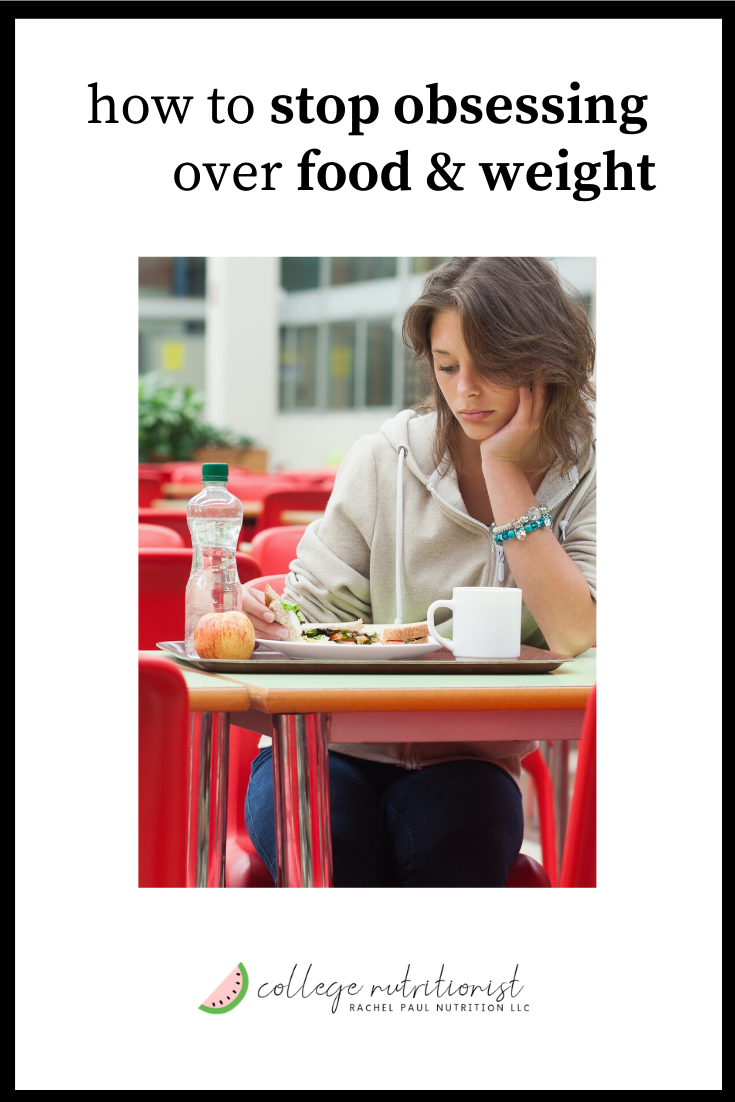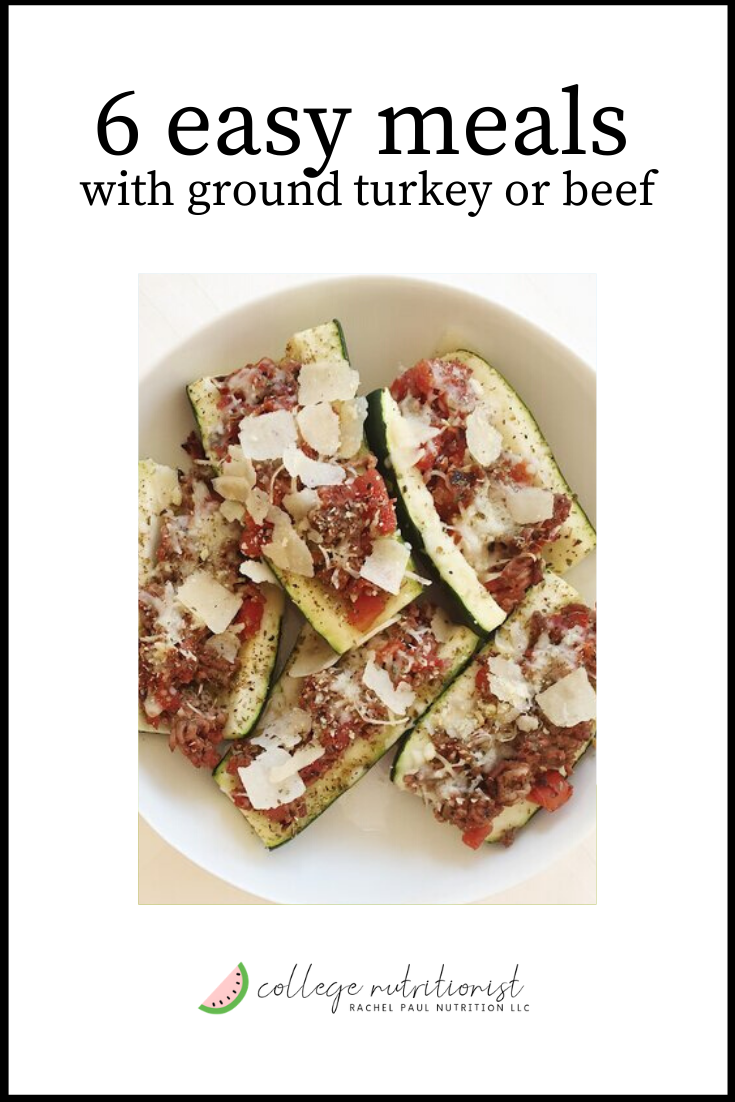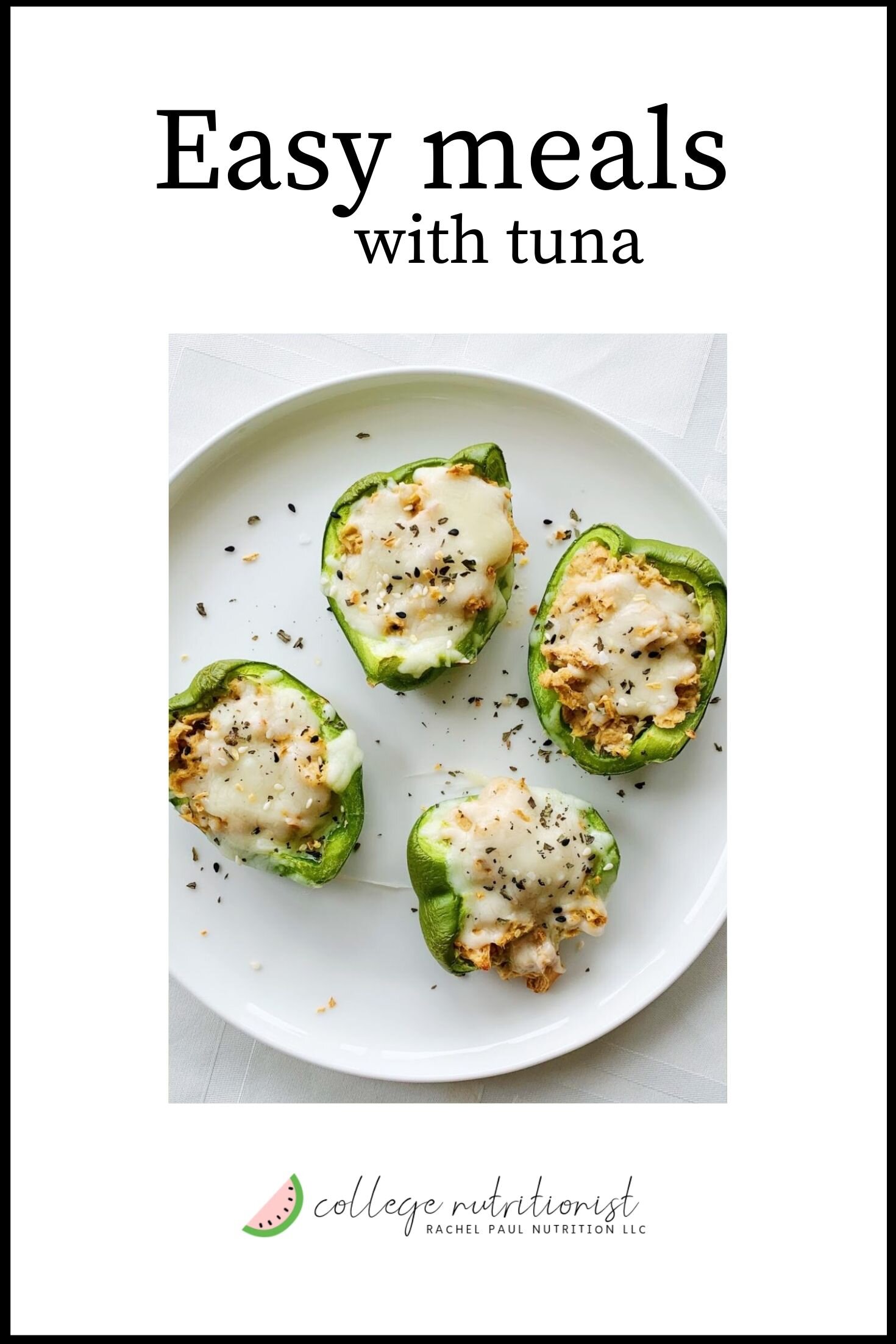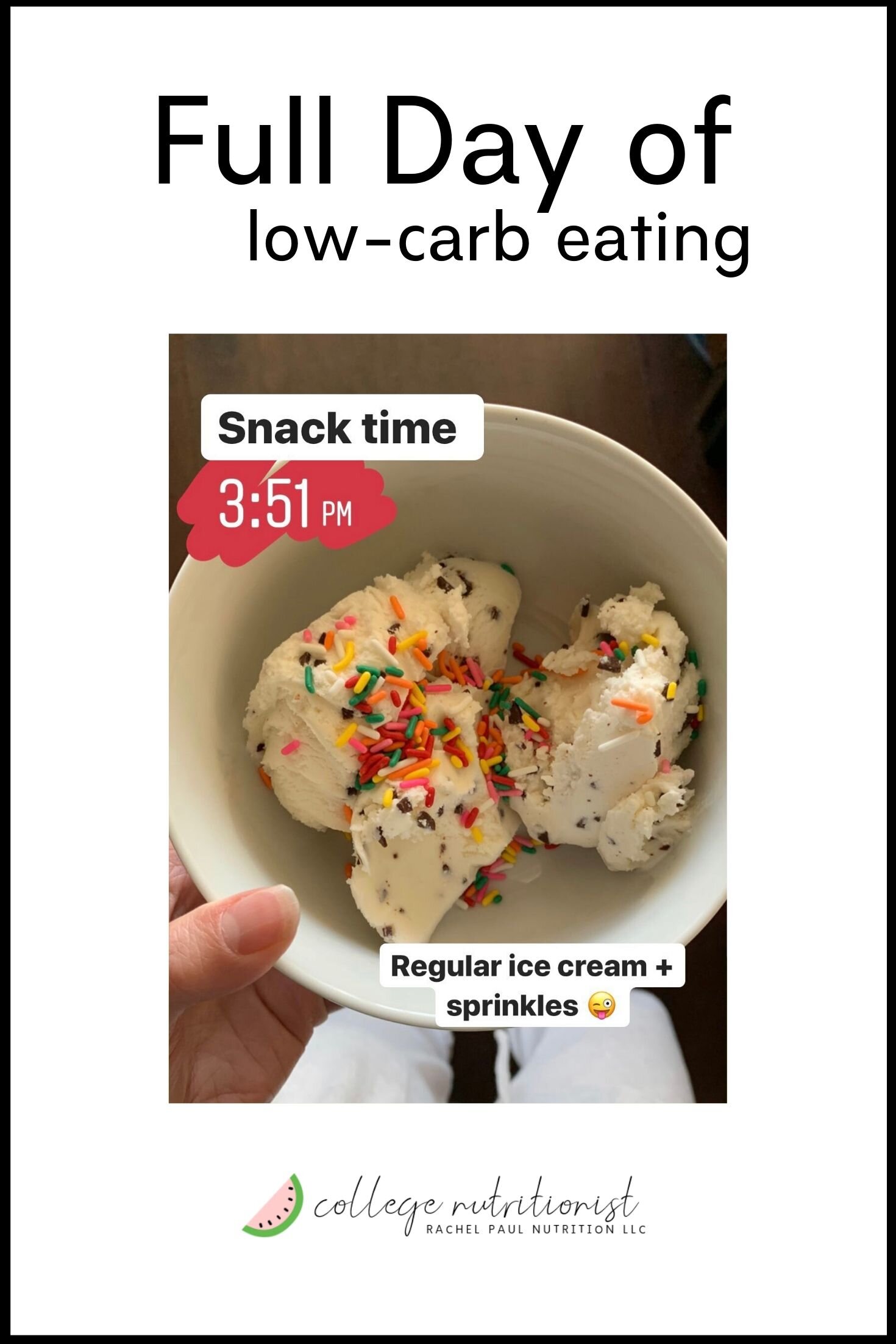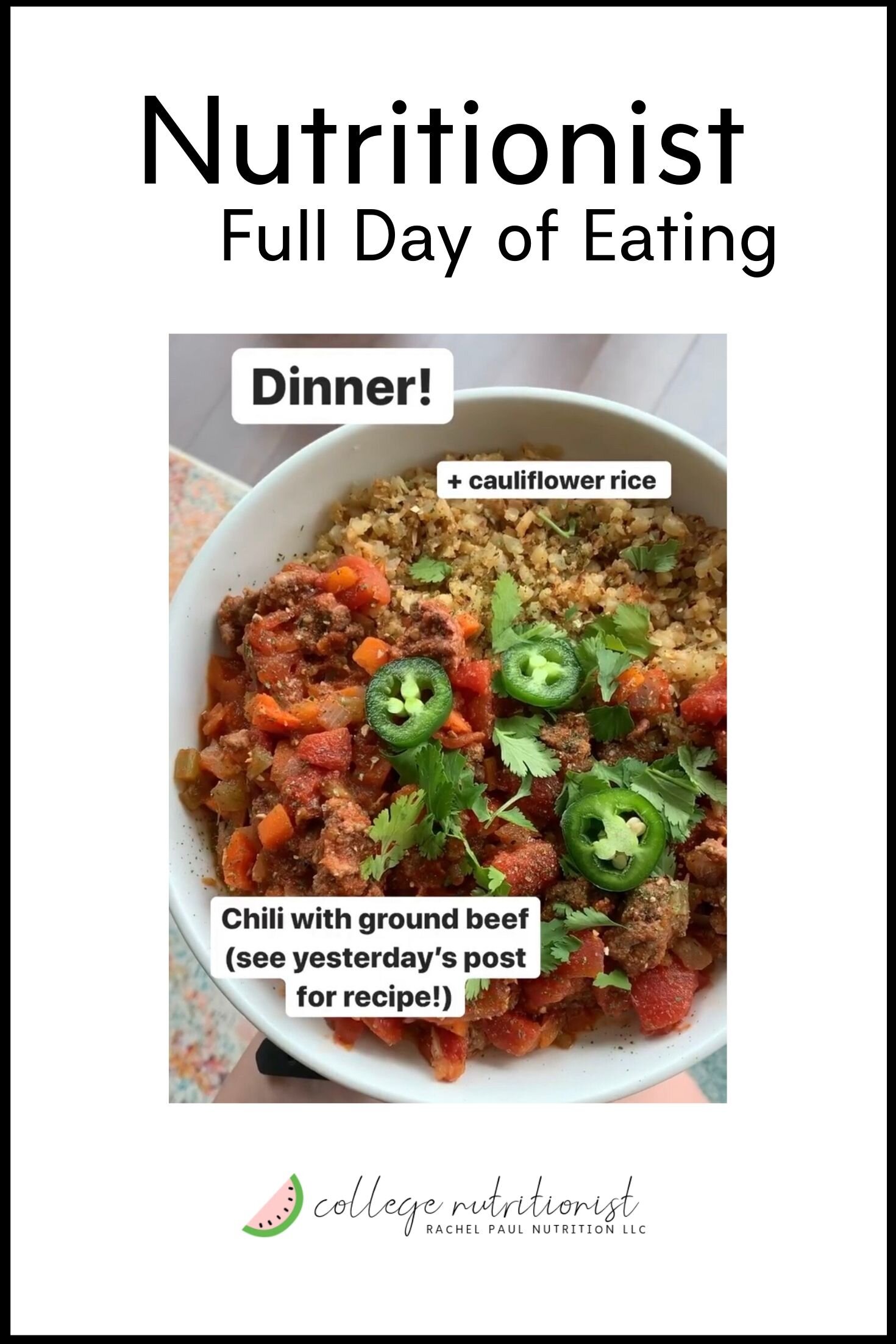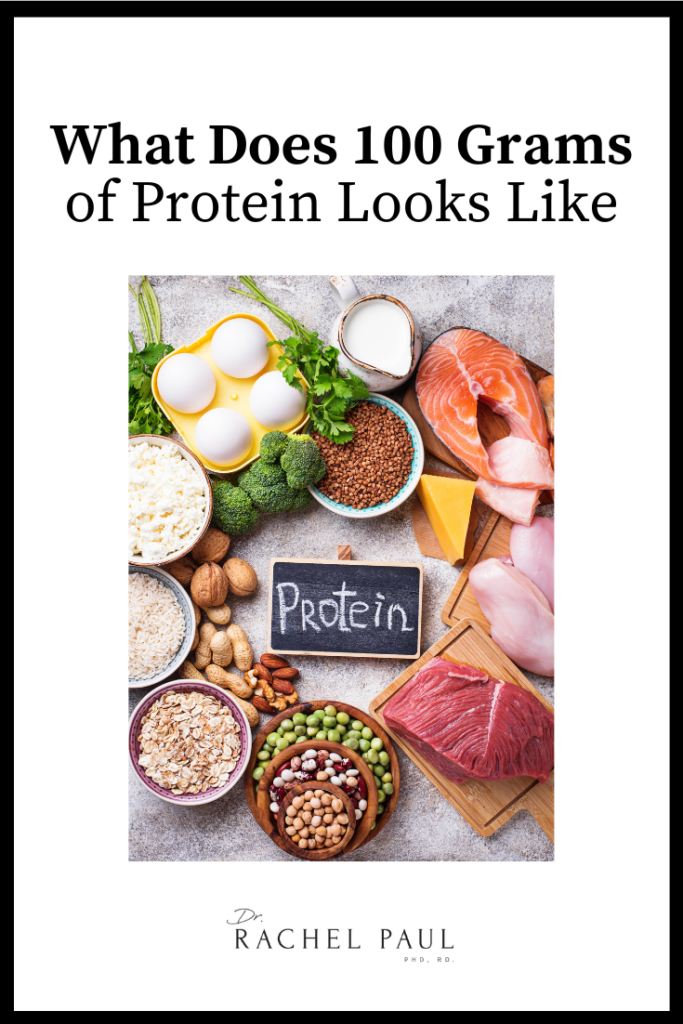Signs Of Food Obsession
When you think about obsessing over food, you probably imagine someone constantly thinking about the next meal they are going to eat, or the foodie who knows all the best dishes at all the top restaurants. But actually, food obsession is more often tied to dieting.
It might not seem logical, but often it is those who follow strict diets and weight loss meal plans that are the most food obsessed. The diet takes over your life. Everything becomes about what you CAN’T eat and counting calories in every single crumb. Instead of focusing on your goal, you have begun obsessing about food.
The same goes for weight obsession.
What Causes Weight Obsession
Many people are overweight and do not spend much time thinking about it, but as soon as you try to start losing weight, suddenly your weight is all you think about. You notice every ounce you gain or lose and obsessively check the scale multiple times per day. You become addicted to food that “won’t make you gain weight”, which is the wrong way of looking at food and diet in general – no food is good nor bad.
The result of both of these obsessions is typically the same thing: You get discouraged and give up, which often leads to binge eating, reverting to bad food habits, and weight gain – you often end up gaining back any weight you may have lost in the process. It is not good for your physical or mental health to give in to these obsessions. Balance is far more healthy all the way around.
How to Stop Obsessing Over Weight and Food
Now that we have been reminded that food and weight obsession are not helpful, let’s talk about how to stop! Here are 5 tips to help.
1. Acknowledge that food is neither good or bad
Do you label certain foods as good or bad? Do you thing eating certain foods is good or bad? Food is just food. Your personal goals help determine what kind of food is best for you to eat, but food is never “good” nor “bad”. Feeling guilty over the dessert you ate last night actually pulls you further from your goals, rather than helping you achieve them. Many people have food triggers that trick their minds into thinking they’ll start gaining weight as soon as they eat them, but in reality, that’s not the case with any food. The fear of gaining weight as soon as you eat something less healthy won’t do you any good.
As a registered dietitian, I’ve spent a lot of time learning about the value of different food options. Nutrient dense foods are more beneficial for our bodies, but that does not mean you have to eliminate any other specific foods to maintain a healthy diet.
If “good” food vs. “bad” food is part of your food and weight obsession, it’s time to heal your relationship with food. This can be deeply ingrained, and may require the help of a registered dietitian, coach, and/or therapist, but the rest of my tips will help you get started on this as well.
2. Focus on eating a well balanced diet
This is similar to that 80/20 rule you’ve probably heard about. Rather than being so obsessed with every single bite of food, make a conscious choice to fill your day with a variety of options. A diet mostly containing high-quality carbohydrates, proteins, and fats, along with some sweets and desserts, is going to be much more achievable and realistic for long-term success, rather than cutting out a certain type of food altogether.
Rather than deciding to completely stop eating sugar, or going on a super restrictive diet, or making up food rules, I do believe limiting total sugar is helpful. But it’s much easier to limit sugar if having it sometimes (even every day!) is always an option. No food is “forbidden”.
So, continue eating lots of nutrient-dense food, but don’t worry if you sometimes eat something that’s not totally healthy. It’s all about balance.
Another great thing you can do for yourself is to practice intuitive eating. That will help you balance your diet, and stop restricting yourself.
3. Check in on your emotional health regularly
Food and weight obsessions can sometimes morph into eating disorders, anxiety and/or depression. Check in with yourself often and make sure that you haven’t started using food or the scale and your body weight as a way to control your life.
Sometimes we succumb to thought errors:
-
“I’m a terrible person if I go over my calorie limit”
-
“I’m a failure if I gained weight”
-
“I don’t look the same as models on social media”
These types of thoughts actually lead us to feeling disappointed in ourselves, which leads us to ruminating and thinking more about how “terrible we are”, leading to not actually making choices to change what we’re eating or our exercise routine (inaction), which ultimately, leads to us not having the weight loss / relationship with food result we want.
The benefit comes from changing the thought. For example:
-
“I’m learning how to continue on with my day, and not say ‘oh well I’ll start over on Monday’ when I go over my calorie limit”
-
“I’m becoming the person who doesn’t let a few pounds gained on the scale affect her mood”
Don’t these new thoughts feel better? Feel more in control?
Having a weight loss goal is not a bad thing, but obsessing about weight doesn’t lead to healthy, long-term weight loss. You want to lose weight to feel good, but you need to feel good mentally and emotionally as well!
Binge eating is also a common result of emotional eating.
4. Find some Desserts and snacks that are satisfying in small servings
Healthy eating can turn into deprivation if you’re not careful. Pick out some healthy snacks and desserts that you really enjoy eating.
Chocolate can actually be a great option. A small square of chocolate, melted for a few seconds in the microwave, is easy and tasty. Dip a cup of strawberries into it for a decadent, easy treat to satisfy your sweet tooth.
Keep regular sweet allowances in your plan – you’ll be much less likely to binge on ice cream in a weak moment later on.
Many people set unrealistic goals, and then they not only aren’t able to fulfill them, but they get ashamed, so they eat in secret – but there’s nothing to be ashamed of when eating desserts or snacks. As long as you have a healthy diet overall, eating you
r favorite foods occasionally is normal.
5. Focus on wellness, not weight loss
If you feel like you are prone to turn your diet and weight loss into an obsession, change your thinking.
First, remember there is no one “right weight”. BMI takes into account height, but gender, age, and genetics all count too. Really, the goal is to FEEL your best. Honestly, if you feel amazing in your body, the number on the scale matters very little. It is far better to accept your personal sustainable weight, than to obsess over an arbitrary “perfect” number you want to see on your scale. This is why you should focus on how you feel, rather than focusing on weight loss alone.
Your overall wellness is far more important than your weight. If you are constantly feeling guilty over your weight or the “bad” food you ate, you’re only causing yourself stress, which we know has many negative effects on your health.
You are gorgeous and perfect just as you are – AND, making healthy choices in a sustainable way is the best long-term option. You always want to strive for healthy weight.
Read More
